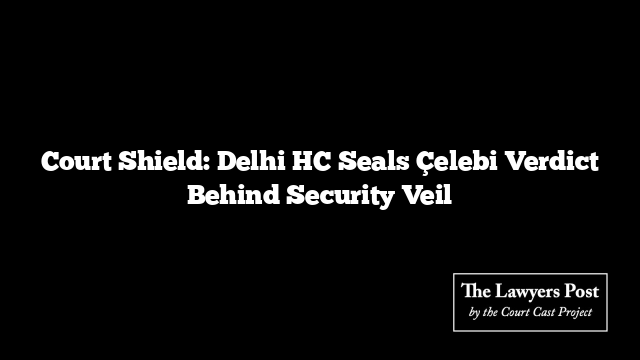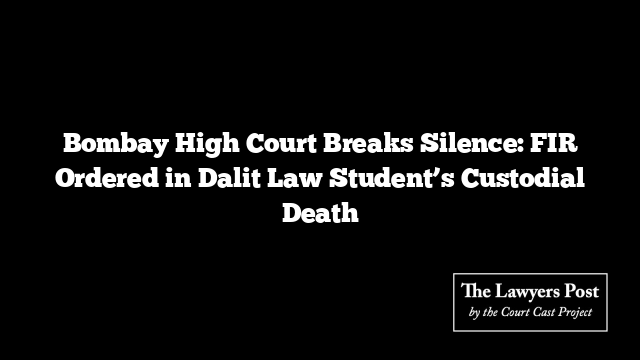In a terse turn of events, the Delhi High Court has drawn an unequivocal line between the cloak of national security and the corridors of procedural justice. Presiding over the Çelebi challenge, Justice Sachin Datta declared that when matters of state safety loom large, the usual guarantees of natural justice must yield.
Rejecting any scope for judicial second-guessing, the bench held that exposing classified decisions to open scrutiny risks undermining the very fabric it seeks to protect. The court’s ruling underscored a stark message: in the balance between the citizen’s right to a fair hearing and the imperative of shielding sensitive information, the scale tips decisively toward the latter.
Observers say the judgment signals a robust affirmation of executive authority in security affairs, even if it means sidestepping conventional transparency norms. While critics lament the constriction of legal recourse, proponents argue that an overextension of judicial oversight could cripple swift government action in emergencies.
Ultimately, the Çelebi ruling cements a precedent: when the state dons its protective armor, the piercing light of judicial review may well be left outside its gates.





